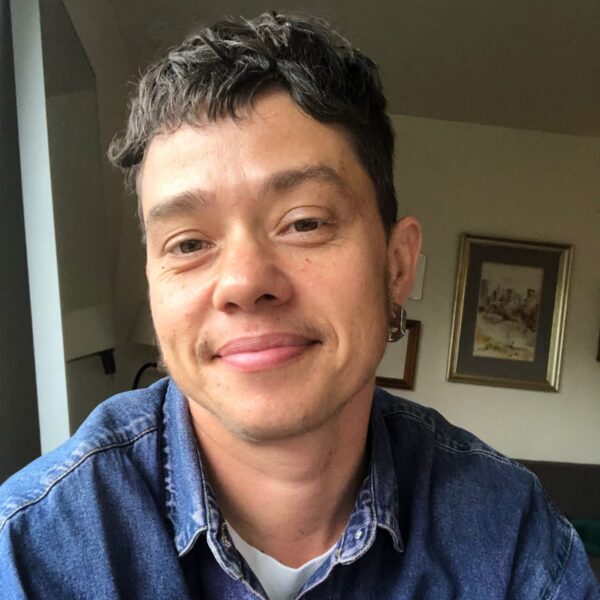Biography
Lauren Ray is the Open Education and Psychology Librarian at the University of Washington Libraries. In this new role, they lead conversations around Open Educational Resources, working with campus partners to support the adoption and publication of affordable and openly licensed materials. They also provide support to the UW’s Department of Psychology, through research consultation and instructional services. Prior to this role, they lived in Berlin, Germany, where they provided online research and instructional support to students (at UW and international institutions), and led qualitative user studies focused on improving online library services. They also led the opening and development of the UW Libraries Research Commons, a collaborative and non-traditional library space dedicated to experimentation and interdisciplinary connection. Their research interests include critical and international perspectives on open education, service design, information equity and libraries and organizations.
Leadership Portfolio
During the SPARC leadership program Lauren implemented and launched the UW Libraries Pressbooks platform for OER publishing, and provided consultations and workshop on OER creation for faculty recipients of UW Libraries Open Textbook Award and the greater university community. They co-chair the Libraries OER Steering Committee, and met with campus stakeholders from faculty, staff and student groups to present on OER initiatives. Their work during the semester included the creation of an OERgame written in Python and shared on GitHub.
Lauren’s SPARC capstone project seeks to address how librarians working in open education can motivate their subject librarian colleagues to become open education advocates and practitioners. They are designing an evolving series of workshops and resources for subject librarians, to increase awareness and deepen their understanding of OER in a way that goes beyond a simple “textbook affordability” narrative. These workshops are intended to educate subject librarians on open education by connecting them to examples specific to their discipline, provide them hands-on time with an OER platform, and engage them in conversation around current issues in the Open Education movement, relevant to diverse areas of their work. They hope that by drawing attention to the ways in which our shared values as librarians are aligned with that of the open education movement, we can broaden how we are addressing OER advocacy within libraries. The workshop materials created through this project can be reused by librarians in a functional open education role, in working with their subject librarian colleagues.
